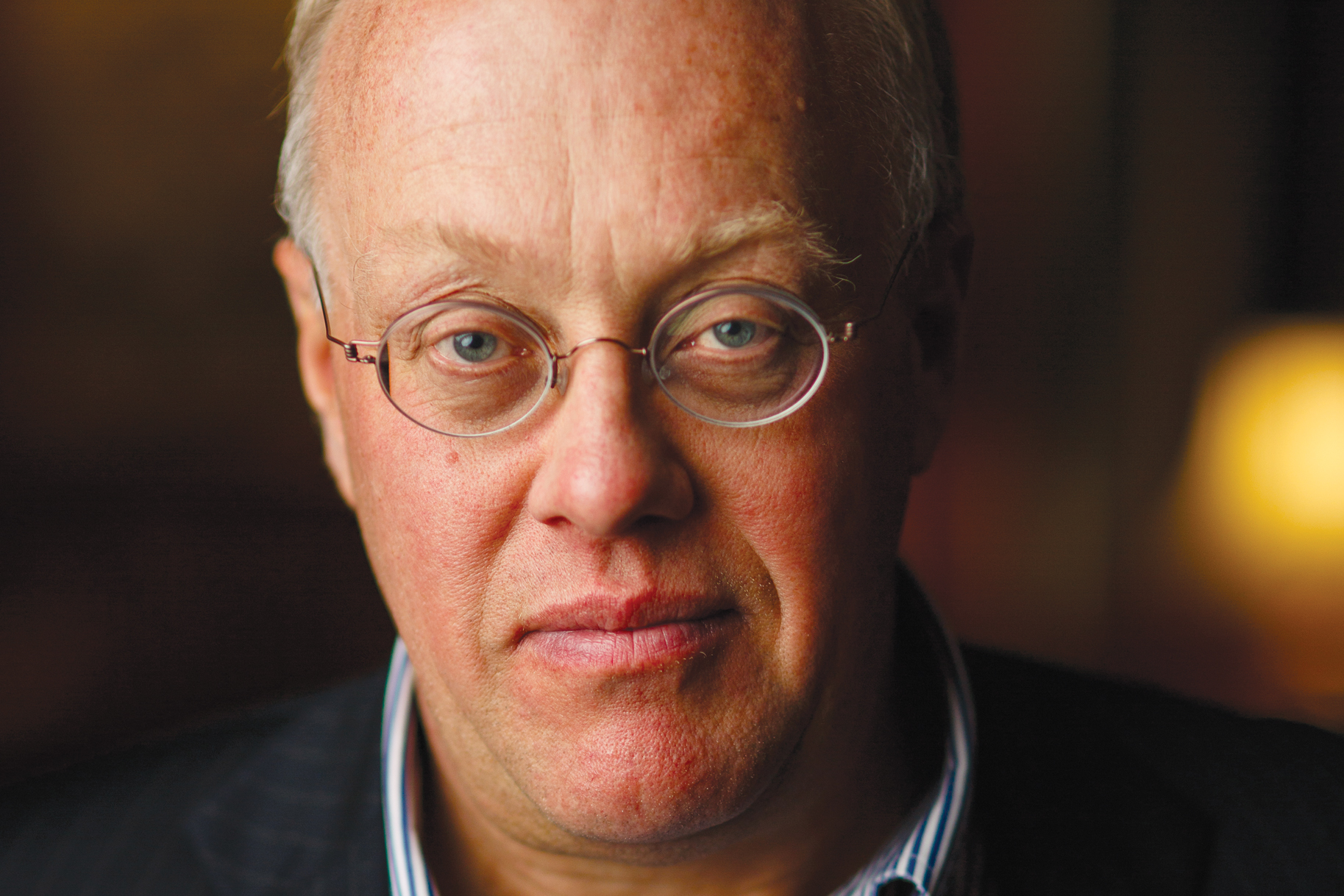Q How did you go from being a pastor to being a foreign war correspondent?
A Well, I was never ordained. I had a church for two and a half years in a housing project in Boston. I preached every Sunday, and I gradually grew disillusioned with the liberal church; they like the poor, but they didn’t like the smell of the poor. I’d commute from the projects into Harvard Divinity School, where everybody talked about empowering people they’d never met, and I found it hypocritical.
You may unsubscribe from any of our newsletters at any time.
That disillusionment, coupled with the fact that I was, by nature, a writer, led me to gravitate toward Latin America. I told [Harvard] I wanted to go to El Salvador and cover the war, and they said, “We don’t ordain journalists,” and that was the end.
Q You’ve said there’s no Christian religion that would consider you a Christian. What does this say about your views of Christianity?
A The polity of particular denominations doesn’t really interest me. We have no historical evidence that Jesus existed other than the Gospels. Many of the doctrinal issues embraced by the traditional church, I’m not interested in.
Q Your father was a Presbyterian minister, and he seems to have had a significant influence on your work. What did you learn from him?
A He took very unpopular stances within the church around the civil rights movement, the anti-war movement and the gay rights issue. His brother was gay. My uncle was pretty much disowned by the rest of his family, and my father translated that into the pain of all gays. He was very outspoken, and the church was very unforgiving of that. It was a good lesson because it taught me that institutions, including the church, do not reward you for virtue. My father pretty much got pushed out of the church.
It informed my own life when I took on the New York Times over the issue of the Iraq war, in which I was issued a formal written reprimand to stop speaking out against the war. I wasn’t going to do that, because to muzzle myself in service to my career would be to betray my father. My job was over, and yet I realized the greatest gift my father had given me was freedom. I didn’t need the New York Times or any other institution to tell me who I was.
Q You’re a graduate of Harvard seminary, but you’ve questioned the point of studying the Gospels —
A I’ve never said that. I think studying the Gospels is a really good idea.
Q Yes, but you’ve said you question the point of studying them when people go into the outside world and —
A And don’t act on them. . . . My criticism of the church is that you [study] the Gospels and then you go out and you don’t fight for them. You give credibility to the Christian right. If you define the anti-Christ as that movement which essentially defies everything Christ stood for, then, to me, the Christian right is the anti-Christ. It promotes greed, it’s the gospel of prosperity — Jesus comes to fulfil your material wants — it’s chauvinistic, it demonizes the other, all of which, I think, are absolutely contrary to the fundamental message of the Gospels. And the liberal church doesn’t say anything.
Q Is that how liberal churches can become more relevant?
A Of course. I mean, who ends up taking on the Christian right? It’s the new atheists rather than the people who should have smelled these people out from the beginning. They give them credibility and acceptance in the name of tolerance and inclusiveness. What they forgot is that heretics exist and these people are heretics.
Q You’ve talked about societies that lose the understanding of the sacred. Do you think that’s where we are now?
A Well, of course we’ve lost the capacity for the sacred. Everything is reduced to a vulgar cash value. The Arctic summer ice starts melting, and all we can think about are scooping up the last vestiges of the fish stocks and the oil and the minerals. The planet is being destroyed. Societies that lose the capacity for the sacred commit collective suicide, and that’s what we’re doing.
Q How can we regain that lost understanding?
A I don’t know, because it’s just getting worse and worse. Canada is as bad as the U.S. It’s walked away from the Kyoto Protocol, it’s building the Keystone XL pipeline, it’s exploiting the tar sands. Where do they think this is going to end?
Q In 2011, you were arrested at an Occupy Wall Street demonstration outside Goldman Sachs headquarters. You’ve said you feel more of a connection with the movement than you do with church. Why is that?
A Because people in the movement are actually fighting back. The church long ago stopped speaking prophetically within the wider society for fear of offending a splintered base, which was partly evangelical. The other half was aging liberals. It’s really sad that the church has become such a marginal force within the wider society, which was not true in the 1960s.
Q What do you think happened?
A Well, the white liberal church walked out on Martin Luther King’s call for economic justice. Racial justice, or a kind of legalistic reconfiguring, was fine, but challenging systems of economic power was something that made them very uncomfortable. I think they busied themselves with a kind of “How is it with me?” spirituality, which is really narcissistic. I think genuine spirituality is always built around acts of resistance, as Martin Luther King wrote. You go into most churches, and there’s a particular economic stratum and a particular racial stratum. Outsiders are not really present.
Q What kind of role would you like to see liberal churches play in the Occupy movement?
A I’d like to see clergy go down and get arrested, but they’re too scared.
Q You’ve said that everything you fight for may be worse by the end of your life. Yet you still think it’s worthwhile.
A Yes, because faith is not about what you accomplish. Faith is about fighting for the good, in so far as we can determine it, and then letting it go. We believe that it goes somewhere even if all the empirical evidence says otherwise.
That’s what faith is. It’s not about Jesus giving me a Cadillac or something. Faith is accompanied by tremendous doubt. So one believes finally that the good attracts the good, but it may be that, within our lifetime, everything we see deteriorates. But that doesn’t invalidate what we’ve done.
Q What keeps you motivated?
A Anger at how the oppressed are treated, and the fact that I don’t sever my connections with the oppressed. I just spent two years in the poorest pockets of the United States. I teach inmates. I keep the reality of the oppressed personal. When you see people like that who suffer, not to act is a kind of betrayal. Plus, I spent 20 years in places like Gaza and southern Sudan. I know what it’s like to live in that kind of poverty and despair.
Q Reading your books, it’s hard not to feel despair.
A Sure, but you can’t talk about hope if you don’t confront what’s real. Otherwise, hope becomes an illusion, and I’m not interested in illusions. The first step toward the capacity for hope is the recognition of where we are. If we refuse to recognize where we are, then everything we do is futile.
Q How can we remain hopeful?
A By building movements. When I was arrested in front of Goldman Sachs, we should have had 100 clergy with us. Where were they? Too busy.
This interview originally appeared in The Observer’s January 2013 issue with the title “Interview with Chris Hedges.”













